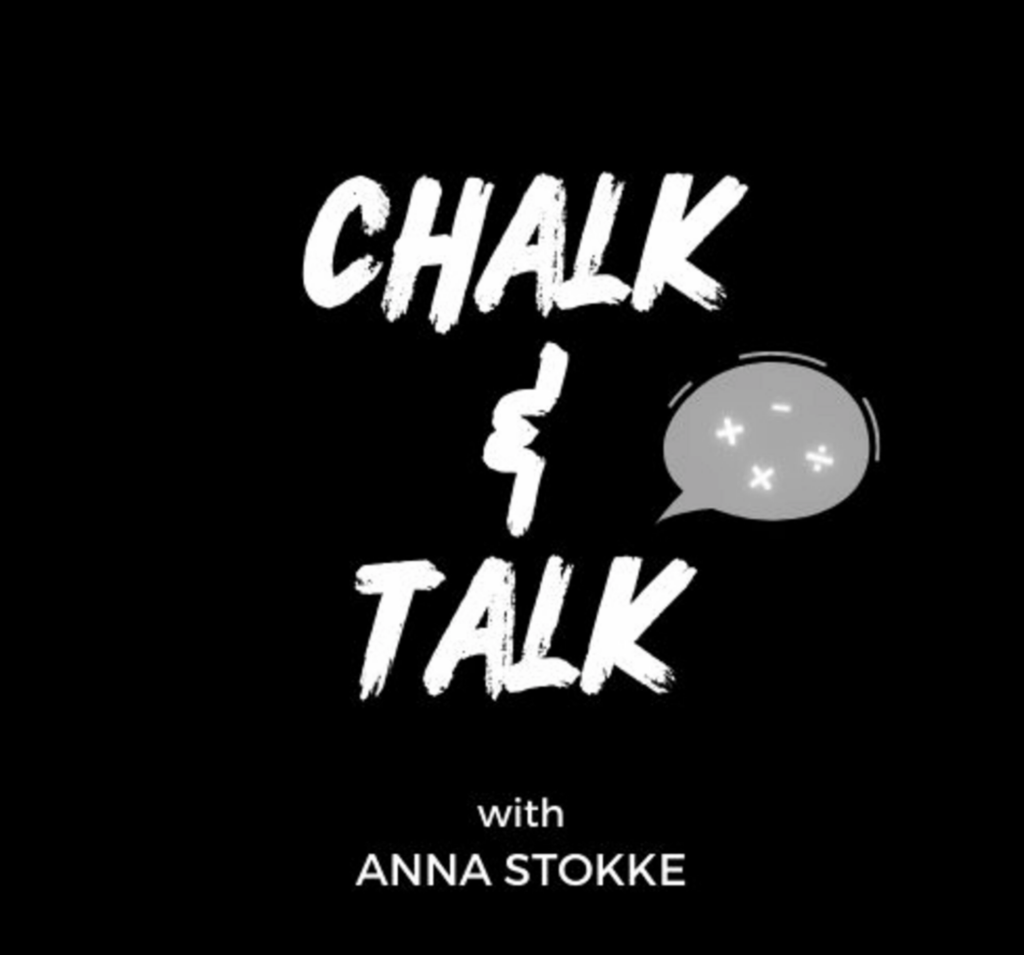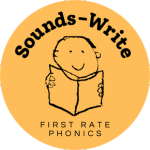‘Right now, it looks like there is nothing that we can do that’s going to have a bigger effect than helping teachers make their teaching more responsive to student needs.’

In the latest episode of Anna Stokke‘s brilliant Chalk & Talk podcast (Ep 24), Dylan Wiliam discusses ways to raise students’ achievement and focuses on formative assessment, or responsive teaching. As you know, this is a central pillar of our approach at Sounds-Write, so we think you’ll find the podcast very interesting (even if it doesn’t focus on literacy!).
For Wiliam, ‘an assessment is formative if it forms the direction of future instruction. It’s as simple as that.’ He goes on to explain that, in the course of a lesson, ‘the sense that teachers make of students’ responses to questions are themselves assessments.’ As a teacher, you can use that information summatively (students have got that, move on!) or formatively (this is what I need to do next in my teaching).
In Sounds-Write, the way that students respond to the lessons, the way they build, read and write words and any errors or misconceptions that become clear as they do that, provide teachers with feedback. They can respond to this feedback in real-time through our Teaching Through Errors strategies, through the scaffolding they provide, and even through word choice (e.g. word structure, use of continuants or non-continuants, etc).
Another aspect that Wiliams draws attention to is the use of universal response systems. He explains that, when he walks into classrooms, he often sees a teacher asking a question and a handful of students put their hands up. One of them is called upon, provides the correct response and the teacher moves on. As Wiliams, explains, if you are ‘making decisions about the learning needs of a diverse group of learners based on the responses of the most confident and articulate students in that classroom, you cannot be making good decisions.’
In order to make better decisions, teachers need better evidence of what their students are thinking. In Sounds-Write, we get that evidence in several ways: when we build a word, we don’t just ask one student to read it, but we always get several students to have a go, including those that need the most practice; we ask students to write on their whiteboards and ‘chin it’ or to ‘show us [the evidence] on their fingers’. This allows us to make instructional decisions on the fly and decide what to do next: do we need to re-teach or further review, for instance? Which are the students that still don’t have the code knowledge or the conceptual understanding, and what are we going to do to make sure they get there? Which students might need stretching, and how can we achieve that?

William also provides evidence from a randomised control trial of how responsive teaching is the most powerful focus for teacher professional development. He explains:
‘A randomized controlled trial published a few years ago randomized 140 high schools into two groups. Half of them were just given cash, half of them were given resources for teachers to meet together once a month to work on their formative assessment practices.
Each teacher would decide, out of the menu of things that they’d read about, which one or two techniques are you going to prioritize. It could be wait time, it could be making statements rather than asking questions, which tend to elicit longer responses. It could be giving fewer grades and more comments about how to improve your work.
And the result of the trial, which focused on 9th and 10th-grade students, was that in the schools where teachers were doing the formative assessment, the students made 25% more progress over 9th and 10th grade, as measured by external examinations. The footprint of this was 1% of teachers’ time. So, by having teachers meet together once a month for 75 minutes, taking 1% of their contract time, it yielded an improvement of about 25% in student progress over a two-year period.’
So if you’re not already using formative assessment as the key element of your day-to-day instructional decision-making, or if the leadership team in your school still need convincing, have a listen to the episode and pass it on!
If you’d like to know more about formative assessment, check out: Paul Black, and Dylan Wiliam (1998): Inside the black box: Raising standards through classroom assessment.

